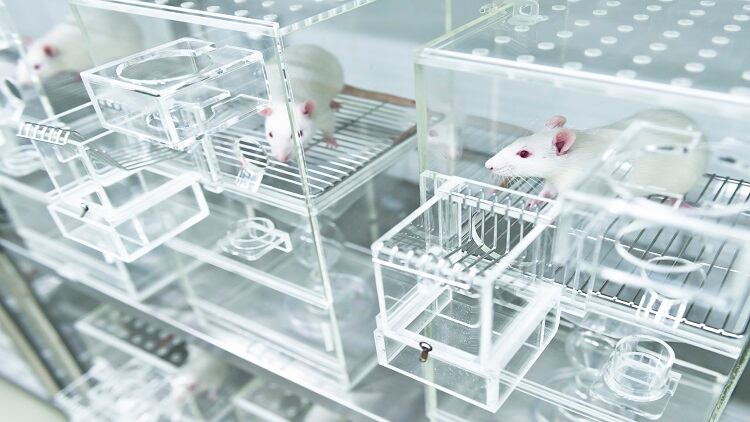Asahi Group, Ezaki Glico, NH Foods, Ensuiko Sugar Refining, Kewpie, Meiji, Nissin, Sapporo Holdings, Satake, Suntory, Toyo Suisan, Fuji Oil, and Megmilk Snow Brand are companies which have agreed to a ban on animal test.
PETA began email correspondences with the companies from March this year, urging them to ban animal tests that are not required by law.
This is because the tests conducted were “cruel and scientifically questionable”. For instance, experimenters starved and force-fed mice, drew its blood, killed and dissected the mice.
PETA urged the companies to conduct human clinical trials instead, since the tests they have conducted involved common food ingredients with no toxicity concerns.
"Having successfully pushed the cosmetics industry to largely abandon cruel and deadly animal tests, PETA is now leading the global effort to ban this shameful practice by makers of foods from beer to ramen noodles,” said Shalin Gala, vice president at PETA.
"All food companies should embrace modern, animal-free research methods and stop harming animals to make product health claims that are not required by law."
Besides the 13 Japanese companies, other Japanese companies such as Yakult Honsha, Riken Vitamin, Kikkoman and Ito En have earlier agreed to the ban.
Actions against companies
PETA said that it would seek clarification and “pursue every option available” if a company had gone back on its word, Gala told FoodNavigator-Asia.
If a food company had breached the agreement, PETA would clarify if the animal test conducted was an oversight or the result of a change in the company’s policy.
If it was an oversight, PETA would propose additional procedural safeguards to prevent future animal test.
However, if there was a change in policy, PETA would “purse every option available” – such as engaging in further dialogue, encourage pressure from consumer, shareholders, and retailers, or even initiating a public protest campaign.
PETA hopes that these actions will persuade the company to restore its prior commitment to end animal tests.
“PETA scrutinises each written agreement made with food companies to ensure that there are no loopholes that they can use to conduct, fund, or commission animal tests in order to establish health claims about their products,” he said.
“We treat each agreement as a binding commitment to PETA and also to the public regarding the company's position on this socially important issue.”
PETA’s future plans
PETA is using a multi-prong approach to ban animal test.
Consumer education, discussions with food and beverage companies, and engaging government regulators are some of the approaches.
“We work directly with them (companies) in order to implement new policies banning experiments on animals for the purpose of establishing health claims about their products.”
“When companies make the compassionate decision to ban animal tests, we publicly applaud their efforts and encourage consumers to take note.”
PETA stressed that human tests were the “gold standard” for substantiating health claims.
“Given that animals' anatomy and physiology are drastically different from those of humans, test results obtained in mice and rats don't translate well across species. There is no scientific justification for harming animals in order to market food products.”



